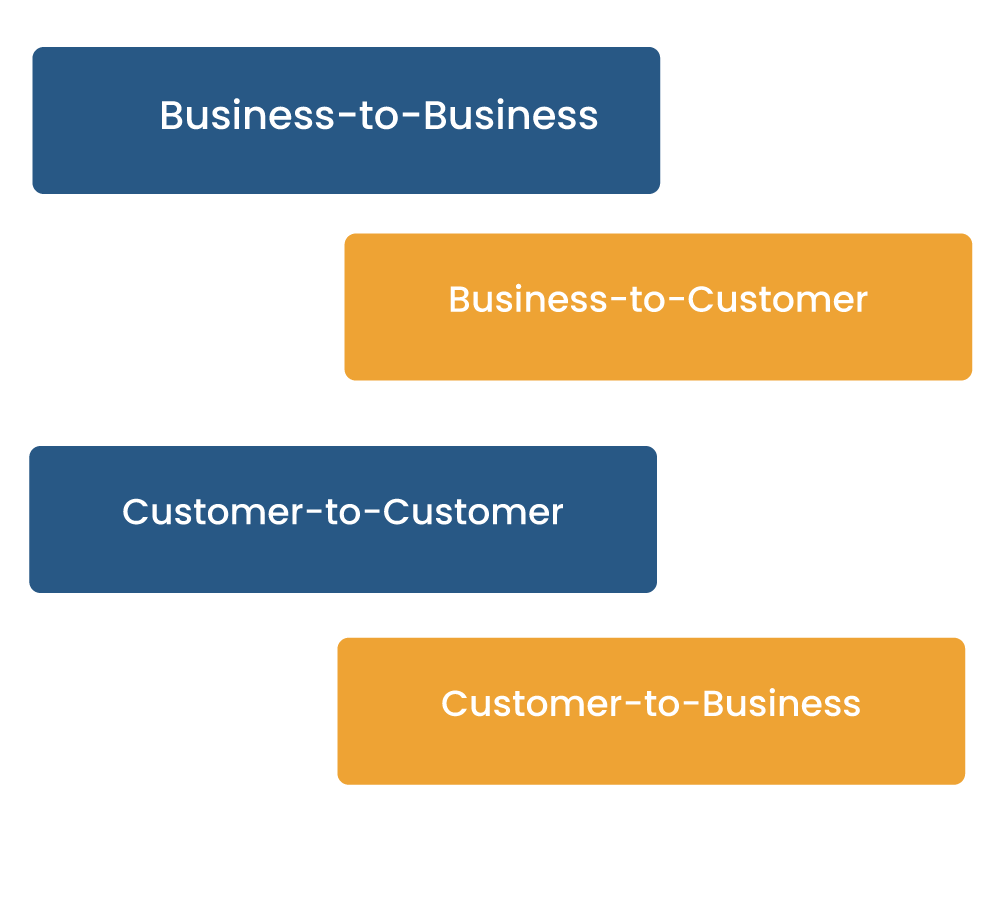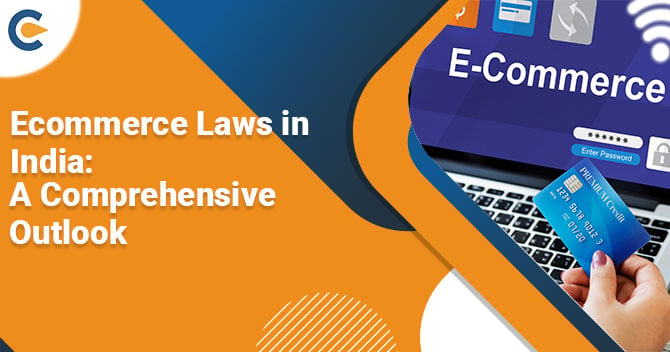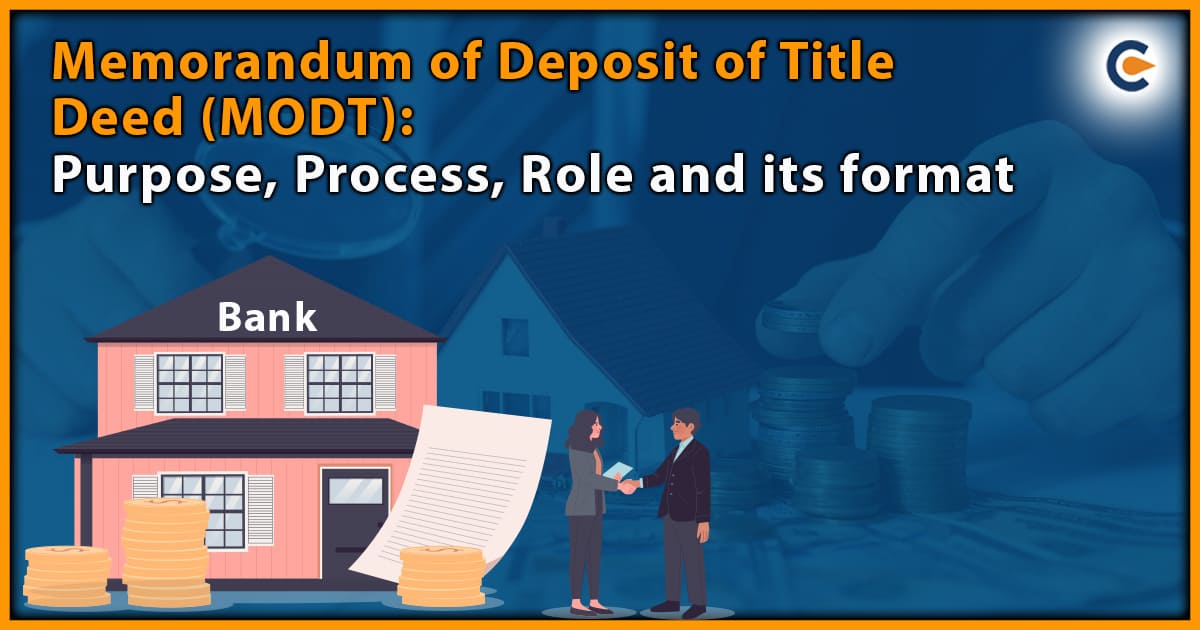The Internet took the world by storm when launched in the year 1995 via dial-up connections. Since then, technology has come a long way. The traditional way of trading goods has now been replaced by an electronic mode of selling, which is more effective and intuitive than the former. The massive shift in technology has led to Government to ensure some legal fencing for this business model. This write-up will cast some light on the mandatory ecommerce laws that exist in India.
The legal definition of Ecommerce Business
- According to the Organization for Economic Cooperation and Development (OECD), E-commerce refers to a business model that utilizes non-proprietary protocols established via an open standard-setting process like the Internet.
- Under the Foreign Direct Investment policy, e-commerce entails physical and digital products and services being traded on electronic platforms and networks.
- In layman terms, an e-commerce business is a way of executing business digitally rather than traditional means. This encompasses all retail undertakings conducted via online channels such as purchasing items, availing services, and payment facilitation & supply chain management.
An Overview on Growth of E-Commerce Sector in India
E-commerce is a groundbreaking business model that has a remarkable impact on the Indian economy. It is also considered as a future of “Digital India”. The growth of significant players in the Indian market during the current age relies on their ability to adapt to the times. While few capitalize on the situation by establishing an online presence, many failed to keep up with such a trend and eventually faded away under relentless competition.
At present, the key stakeholders in the e-commerce regime include Government, retailers/manufacturers, travel services (airlines, Indian Rail, bus operators), entertainment service providers. & various others; enablers of the online business sector such as financial intermediaries, logistics providers, call centres, social networking sites, etc., help facilitate transactions online.
Government-backed initiatives like Digital India, Startup India, promotion of ‘cashless economy’, allocation of funds for the BharatNet Project, the introduction of UPI by Reserve Bank & the National Payment Corporation (NPC) have collectively contributed to the development as well as the success of the online business sector in the country.
Other factors such as continual marketing of web-based services leading to the increased awareness of the accessibility of such services have resulted in a massive number of customers. But the increase of customers in this landscape is also compelling the different law authorities to incorporate some ecommerce laws to encourage fair trade practices.
Applicable Ecommerce Laws & Regulations
|
Regulatory |
Technology & Data Protection |
|
Foreign Direct Investment Policy Foreign Exchange Management Act, 1999 (FEMA) Companies Act, 2013 Payment and Settlement Act, 2007 & other Reserve banks regulations on payment mechanisms Legal Metrology Act, 2009 read with Legal Metrology (Packaged Commodity) Rules, 2011 Labelling & Packaging Sales, Shipping, Refunds & Returns Regulations underpinned by the respective ministry/state regulations |
Information Technology Act, 2000 Information Technology (Intermediaries Guidelines) Rules, 2011 Information Technology Act, 2000 (IT Act) & General Data Protection Regulations (aka GDPR). Consumer Protection Act, 1986
|
|
Tax |
Legal |
|
IT Act, 1961 Double Taxation Avoidance Agreement GST |
Indian Contract Act, 1872 The Patents Act, 1970 Indian Copyright Act, 1957 Labour laws |
Ecommerce laws in the purview of FDI Policy
There are two models of online business as mentioned in the Indian FDI Policy:
Marketplace Model
Marketplace oriented model of e-commerce means facilitating an IT platform by an e-commerce company on the electronic network to serves as a facilitator between trading parties.
Moreover, the marketplace serves as a platform for various sellers to confront buyers and sell their offerings. Furthermore, the marketplaces impose certain fees as a commission on the sellers against their service.
Inventory Model
Inventory oriented model of e-commerce implies an online undertaking where a good inventory is owned by an online businessman and is sold to the end-users directly. Similarly, the seller refers to an e-commerce entity that sources directly from brands and stocks it. An online platform like Myntra is a good example of an inventory-based model.
It is vital to keep in mind that as per the Government’s directions on FDI in the e-commerce regime, 100% FDT via automatic route is allowed in the e-commerce sector. In contrast, FDI is not permissible for the inventory-based model.
Conventional models of commerce have been replaced by electronic versions of the same, which includes:


B2B: A B2B model involves selling one’s items to an intermediate buyer who further sells the same item to the final end-users. Business-to-business e-commerce consolidates distribution services, digital services, procurement services, etc. A Wholesaler may post an order on the business’s portal & sell it via physical retail outlets.
B2C: In the business-2-customer model, the manufacturer does the direct dealing with the end-users. The end-user can select an item & post an order on the business portal without a marketplace or an intermediary.
C2C: Popular portals like Quickr & OLX enable end-users to share their demand and avail the same from each other without confronting any third party. E-commerce has allowed strangers to execute a trade and deliver items without any paperwork whatsoever.
C2B: The reverse version of conventional commerce models, the C2B model is comparatively new. Here, end-users facilitate services to businesses, thereby solidify their current position in the market. This can be witnesses on an online forum where end-users share ideas for product development to entities or facilitate their insight which is then utilized for marketing purposes.
In the purview of the FSI policy, the Government has allowed 100% foreign direct investment via automatic route in the B2B e-commerce sector as recommended by ‘Consolidated FDI Policy Circular 2015’. Furthermore, no foreign direct investment is permissible in the B2C e-commerce regime. But, FDI in Business-to- customer e-commerce is permitted in the given scenarios:
1. A manufacturer has the right to sell its Indian-made products via an online outlet.
2. A single-brand retail business house functioning via brick & mortar stores is allowed to execute retail trading activities via e-commerce.
3. An India-based manufacturer is allowed to trade it individual brand items via an online retail outlet. Indian manufacturer would be the investee entity, the owner of the Indian-based brand and produced in India, on accounts of value, minimum 70% of its offerings in house, at most 30% from the Indian-based manufacturers.
Additional ecommerce laws include:
1. Electronic & Digital networks shall encompass a network of PCs, TV channels, & any other internet apps used automatically such as extranets, webpages, smartphones, etc.
2. Marketplace e-commerce businesses will have the permission to enter into a transaction with registered sellers on their online platform on a B2B basis.
3. E-commerce marketplace may facilitate support services related to logistics, warehousing, order fulfilment, payment collection, call centre, & other services.
4. E-commerce businesses facilitating a marketplace have no control over the inventory, i.e. items available for sale. Such ownership is only available in an inventory-based model.
5. An e-commerce business will not allow more than 25 per cent of sales affected via its platform from one vendor or their associated entities.
6. In the marketplace model, offerings are made available for sale digitally on the online portal should provide the key details of the sellers. Post-sale, dispatchment of items to the end-users, and client satisfaction will be the liability of the seller.
7. In the marketplace model, payment related to the sale may be provided by the e-commerce business in the purview of the RBI’s norms.
8. Likewise, in the marketplace model, any guarantee/warranty of items & services old will be the liability of the seller.
9. E-commerce businesses facilitating the marketplace will not influence the sale price of goods & services in any manner and shall maintain a fair trade practice.
10. Moreover, norms on cash & carry wholesale trading, as mentioned in para 6.2.16.1.2 of the FDI Policy, will cover the B2B e-commerce.
Ecommerce laws as per Payment and Settlements Systems Act, 2007
As per the law, a ‘payment system’ refers to a system that enables payment transactions between the payer and the beneficiary. Moreover, involving clearing, settlement service or payment or all of them, but does not encompass a stock exchange. An e-commerce business must qualify as a payment system by adhering to the RBI’s provisions related to online payments. Moreover, it is a legal compulsion for an intermediary that is obtaining payments digitally to have a Nodal account to settle the merchant’s payment on its online channel.
Norms Regarding the Labelling and Packaging for Ecommerce businesses
Any online business should adhere to standards related to labelling and packaging cited under the following Acts:
- Drugs and Cosmetics Act, 1940
- Food Safety and Standards Act, 2006
- Legal Metrology Act, 2009
According to the Legal Metrology Act, 2009, read with Legal Metrology (Packaged Commodities) Rules, 2011, every online business is mandated to display basic information on the goods that are proposed to be sold to the general public. They are such as weight, dimensions, & other features on the product webpage itself.
Ecommerce laws related to Sales, Shipping, Refunds, and Returns
The Indian Sale of Goods Act, 1930 came to effect on 1 July 1930. Mercantile law provides for the drawing up of contracts where the seller agrees to transfer the goods’ ownership to the buyer for consideration. It has a pan India applicability. As per this Act, items sold to the buyer must be sold for a set amount of price & at the given period of time. The Act underwent amendment on 23 September 1963 and was re-titled as the Sale of Goods Act, 1930. The concept of this Act also applies to businesses that have an online footprint.
Indian Contracts Act, 1872 r/w Information Tech. Act, 2000
Regulates the norms for the validity of contracts established via digital means; communication & acceptance of proposal; additionally, revocation & contract formation between end-users, sellers, & intermediaries.
Further, the terms of service, return policies, and privacy policies of any digital platform must be binding agreements. In addition, the law is yet to incorporate provisions regarding the. Additionally, the law is yet to update to deal with the lack of online signatures. Additionally, this will require certain types of contracts and the impossibility of determining the true consumer’s age, with the standard age to enter into contracts set at 18.
General Data Protection Regulations (GDPR) and Information Technology Act, 2000
E-commerce businesses have to adhere to the Information Technology (fair security practices and norms and sensitive personal information) Rules, 2011. Intermediary’s electronic portal and the content available on that is regulated by the Intermediary Rules 2011[1], under the IT Act.
Furthermore, the EU’s General Data Protection Regulation (aka GDPR) came into effect in the year 2018. Moreover, to safeguard the data of the citizen residing EU region, affecting nearly all entities worldwide that deal with the EU. In addition to that, failure to safeguard personal data will lead to a massive penalty up to €20mn of their worldwide revenue.
What are the Intellectual Property Issues under ecommerce laws?
All copyrights & trademarks for the items/symbol/text/ aimed to be used must be safeguard with relevant IPR laws. However, IPR law in India still lacks comprehensive applicability over the ecommerce business. For example, there are no solid provisions to mitigate illicit utilization of domain names and other virtual assets except for a few judicial pronouncements.
Jurisdiction Issues in the Ecommerce Regime
The availability of jurisprudence in our country on the issues of jurisdiction in the web-based business sector is sparse. Reconciliation of disputes in the business-to-customer is daunting owing to the presence of various transactions. In addition to that, they are such as ordering, delivery arrangement, and payment recovery over digital mode. Generally, many domestic statutes facilitate for long-arm jurisdiction’ whereby the operation of such laws have extraterritorial application if an act has resulted in some illicit effect within the territory of the nation.
Conclusion
Despite the aforementioned legal fencing, the ecommerce sector still lacks a sustainable legal framework that can cover all aspects of it. The rate of unfair trade practice within the ecommerce regime is thriving is at an alarming rate. The Government of India is taking proactive measures to contain such possibilities by enacting relevant laws and also focusing on rendering better protection to customer’s rights.
Read our article:Fintech Laws in India: Everything You Need to Know











